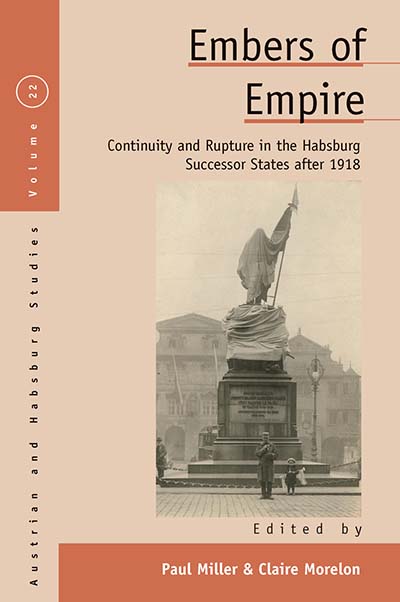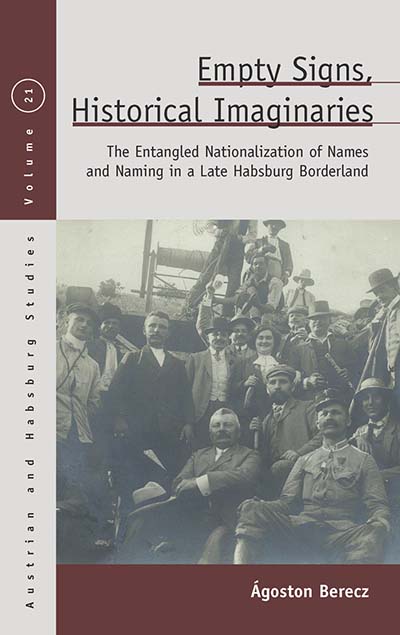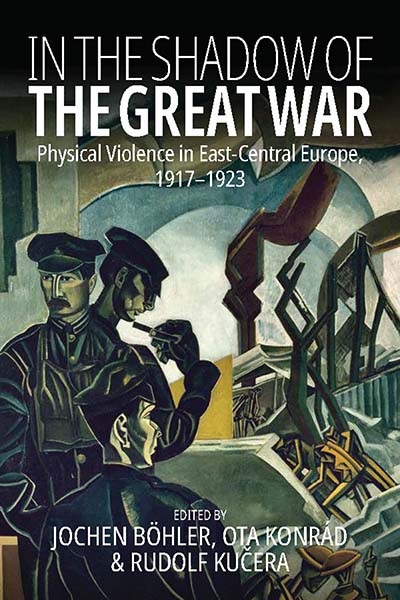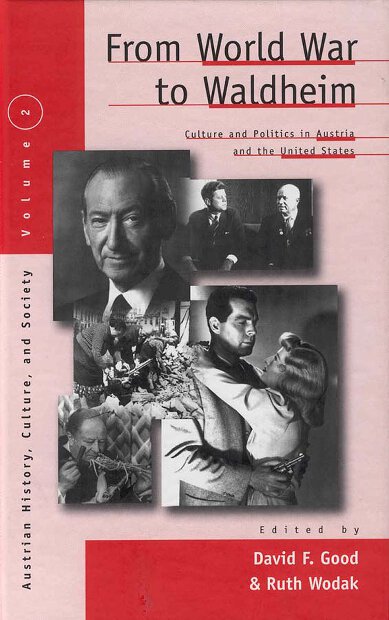
Series
Volume 36
Austrian and Habsburg Studies
See Related
History JournalsEmail Newsletters
Sign up for our email newsletters to get customized updates on new Berghahn publications.
The Disputed Austro-Hungarian Border
Agendas, Actors, and Practices in Western Hungary/Burgenland after World War I
Edited by Hannes Grandits, Ibolya Murber, and Katharina Tyran
258 pages, 13 ills., bibliog., index
ISBN 978-1-80539-864-6 $135.00/£104.00 / Hb / Published (February 2025)
eISBN 978-1-80539-865-3 eBook
Reviews
“[T]his book is an important, significant addition to the current scholarship on empire and post-imperial breakdown and transition, and on the Habsburg/post-Habsburg history of borderlands.” • Marco Bresciani, University of Florence
“This is a very convincing edited volume on the transformation of power from the Austro-Hungarian Empire to the Austrian Republic after the First World War. Looking at one particular region, Burgenland, that was contested between two losers of the War, the book provides insight into macro- and micro-level decision making processes, changes in hierarchies and power relations between social, ethnic, political and religious groups inhabiting this border region.” • Tim Buchen, Technische Universität Dresden
Description
The collapse of the Habsburg monarchy in the aftermath of World War I marked a foundational shift in the histories of Austria and Hungary. Previously part of the Habsburg’s Austro-Hungarian Empire, this event stripped the two new states of a long-established territorial order, triggering a controversial redrawing of their borders. Whilst scholarship often focuses on the role played by state actors in Vienna and Budapest, The Disputed Austro-Hungarian Border refreshingly re-examines this event through investigating how processes of state and nation-building manifested within the contested region of Western Hungary and Burgenland. In doing so, this book innovatively resituates this border region within the larger context of post-Habsburg historical development taking place across Central Europe.
Hannes Grandits is Professor of Southeast European History at Humboldt University in Berlin.
Ibolya Murber is an Associate Professor of History at Eötvös Loránd University in Budapest-Szombathely Her research interests include the Austrian-Hungarian relations in the 20th century and the history of democracy in Central Europe, and her recent publications include, Detours: The 20th-century history of the Austro-Hungarian State Border (Kronosz, 2024).
Katharina Tyran is an Associate Professor of Slavic Philology at the University of Helsinki. Her research considers sociolinguistic topics with a focus on minoritized languages, linguistic landscape research, and writing. Her recent publications include the co-edited volume South Slavic Vienna: On the visibility and presence of South Slavic language and cultures in contemporary Vienna (Böhlau, 2022).
Subject: History: World War IHistory: 20th Century to PresentPeace and Conflict Studies
Area: Central/Eastern Europe
Contents
Download ToC (PDF)




